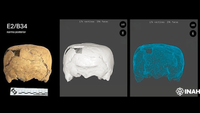
Unusual, 1,400-year-old cube-shaped human skull unearthed in Mexico
Archaeologists discovered an unusually flat-topped skull at a pre-Hispanic Mesoamerican site.


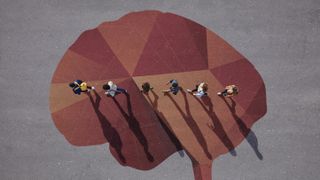
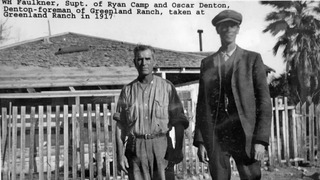
By Sascha Pare published
A new analysis of July temperatures in Death Valley between 1923 and 2024 suggests the world record near-surface air temperature of 134 F measured in July 1913 may be erroneous.
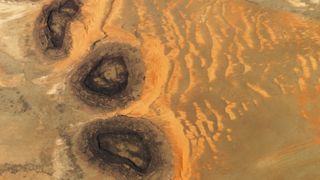
By Harry Baker published
Earth from space A 2023 astronaut photo shows three dark hills, or mesas, towering above part of the Sahara desert in southern Mauritania. The structures are remnants of a single Paleozoic era formation, and have helped to create a series of striking sand dunes.

By Harry Baker published
A massive new sunspot complex, dubbed AR 4294-4296, has emerged on the sun and is facing directly at Earth. The dark patch is on par with the infamous sunspot that birthed the 1859 Carrington Event — but, for now, it's staying quiet.
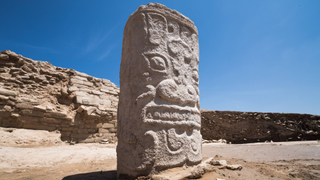
By Kristina Killgrove published
A genetic study of 80 skulls found at a Stone Age city in China has revealed that the sacrificed people were mostly men, in contrast to previous assumptions.
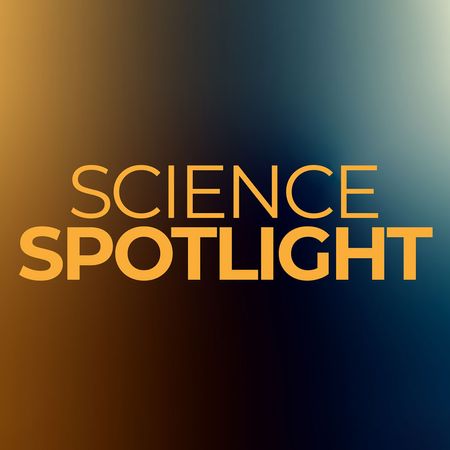
Discover the research changing our understanding of the world
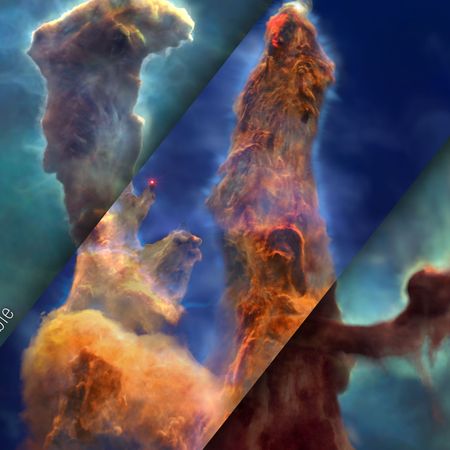
Extraordinary images of our sublime universe

Science questions, answered

Test your knowledge on all things science with our weekly, free crossword puzzle!

Test your knowledge of everything from space to nature
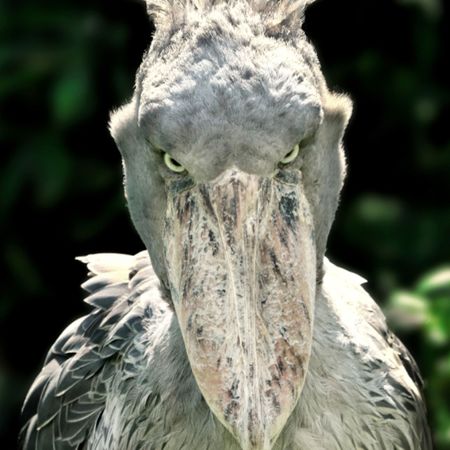
A look at the weird and wonderful species that live on our planet

Unusual case reports from the medical literature
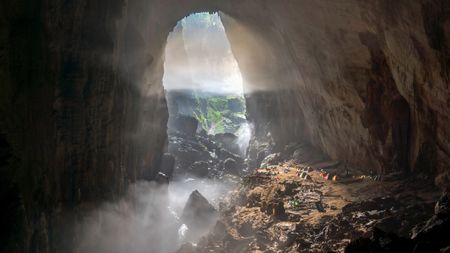
A window onto extraordinary landscapes on Earth

A glimpse into how people lived in the past
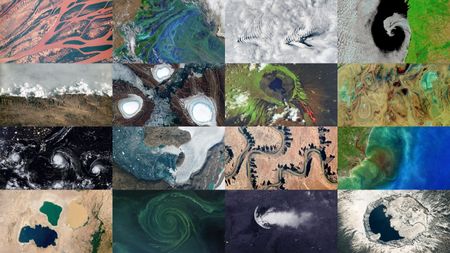
Incredible images of our planet from above

By Nicoletta Lanese, Tia Ghose published
The CDC's vaccine committee has voted to roll back a universal recommendation that newborns be vaccinated against hepatitis B, which is one of public health's major success stories.
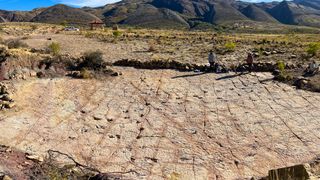
By Sascha Pare published
Researchers have counted 16,600 fossilized dinosaur footprints and 1,378 swim tracks at a site in Bolivia that showcase a variety of behaviors and different theropods from the Cretaceous period.

By Harry Baker last updated
Science crossword Test your knowledge on all things science with our weekly, free crossword puzzle!

By Skyler Ware published
A new mathematical equation describes the distribution of different fragment sizes when an object breaks. Remarkably, the distribution is the same for everything from bubbles to spaghetti.
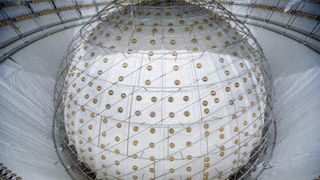
By Rory Harris last updated
Deep underground in southern China, there is a 20,000-ton tank of liquid that can detect neutrinos. Named JUNO, the detector's first results are in — and they're very promising.
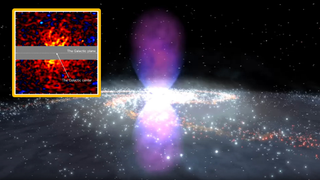
By Elizabeth Howell published
A new study says observations from the NASA Fermi space telescope suggest a halo of dark matter around the center of our galaxy, but more information is needed to confirm the result.
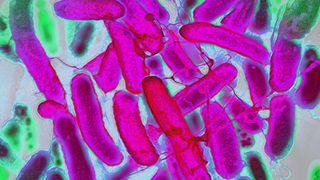
By Mason Wakley published
Scientists have used a novel method to create sustainable, rainbow-colored fibers using bacteria in the lab.
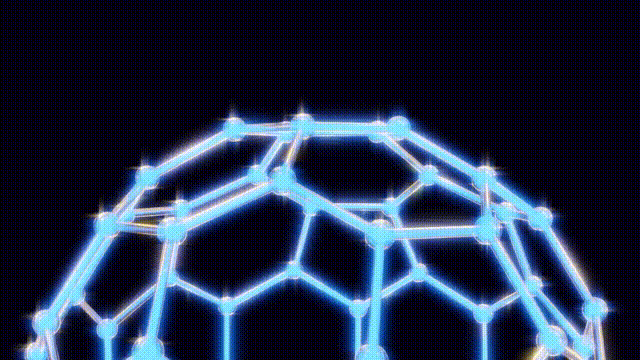
By Tia Ghose published
Over a feverish 10-day period, scientists synthesized and described a new class of carbon molecules, called buckminster fullerenes, after the iconic 20th-century inventor.

By Owen Hughes published
A new device cuts down the time it takes to harvest water from the atmosphere from days to minutes, MIT researchers say.

By Damien Pine published
People who played the “Prisoner’s Dilemma” were less likely to cooperate when the other player was a male human or AI, and exploited female players.

By Tia Ghose published
At a small local chapter meeting of a professional society, Gordon Moore's talk laid out the rudiments of what would become "Moore's law", which would govern the electronics industry for a half century.
Please login or signup to comment
Please wait...